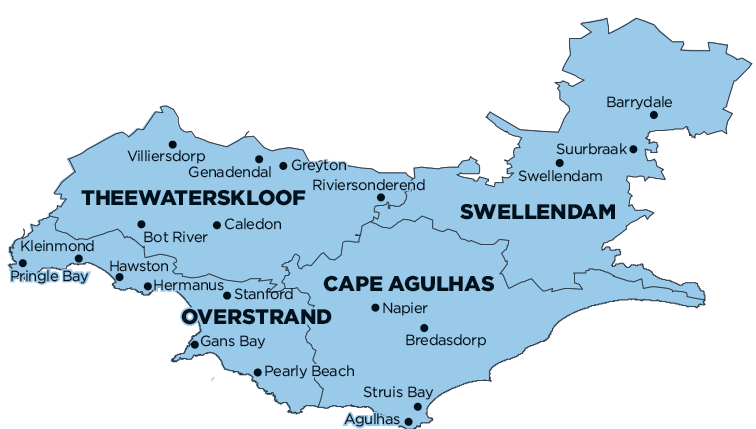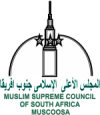
Geography, History & Economy
Theewaterskloof Local Municipality is part of Overberg District Municipality.
MDB code: WC031
Description: The Theewaterskloof Local Municipality is a Category B municipality situated in the Overberg District in the Western Cape Province. It is one of four municipalities in the district, making up a third of its geographical area.
Theewaterskloof Municipality is the gateway to the Overberg and is surrounded by unique natural assets such as the Theewaterskloof Dam, Kogelberg Biosphere, illustrious vineyards, crop and fruit fields, fynbos, wild flowers and blue cranes. With its Local Economic Development Strategy (LED strategy), the municipality is constantly driving local economic development in primary economic sectors such as agriculture, tourism, agricultural product processing, and industries.
Despite a relatively poor community and a narrow capacity for tax and income generation, the municipality is constantly improving infrastructures for service and product delivery. The municipality’s Integrated Development Programme was developed in partnership with local business, communities and individuals. The municipality was the first to implement Service Level Agreements in all its towns to narrow the gap between community services needs and municipal service delivery abilities. The municipality created capacities for holistic and quality developments, i.e. sewerage removal, quality water, housing, communication, waste removal and infrastructural maintenance.
In addition, the municipality participated in processes that led to a peaceful and safe environment where the welfare of everyone, and especially that of women and children, is highly valued and pursued. The municipality has a successful town management model that ensures that local government and democracy are extended to the people.
Area: 3 259km²
Cities/Towns: Bot River, Caledon/Myddleton, Genadendal, Grabouw, Greyton, Riviersonderend, Theewaterskloof, Villiersdorp
Main Economic Sectors: Finance, insurance, real estate and business services (30.1%), agriculture, forestry and fishing (21.3%), manufacturing (15.4%), wholesale and retail trade, catering and accommodation (8.8%), general government (7.7%), construction (6%), transport, storage and communication (5.8%), community, social and personal services (3.4%)
